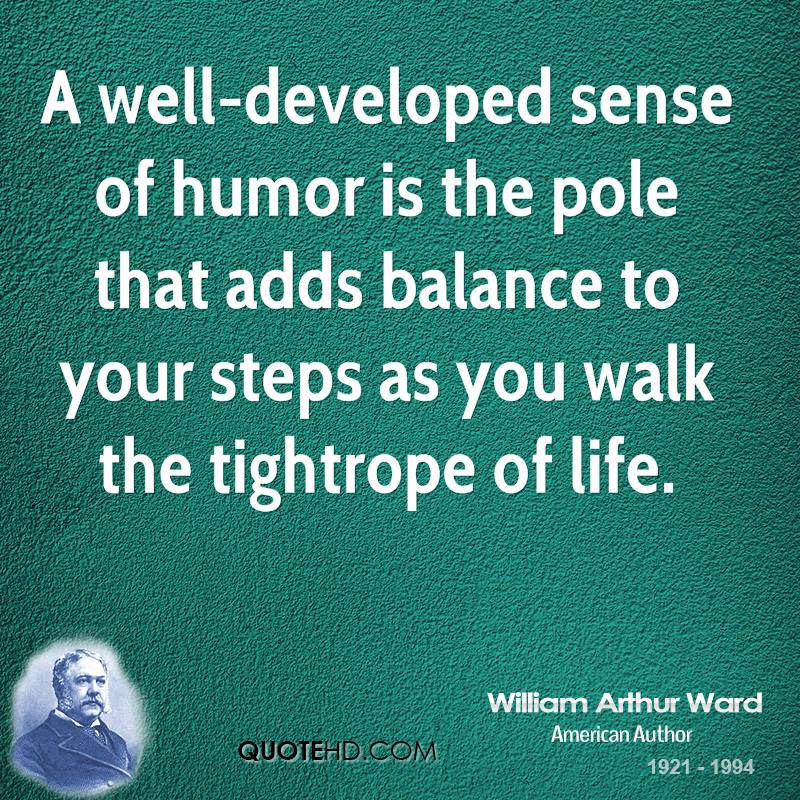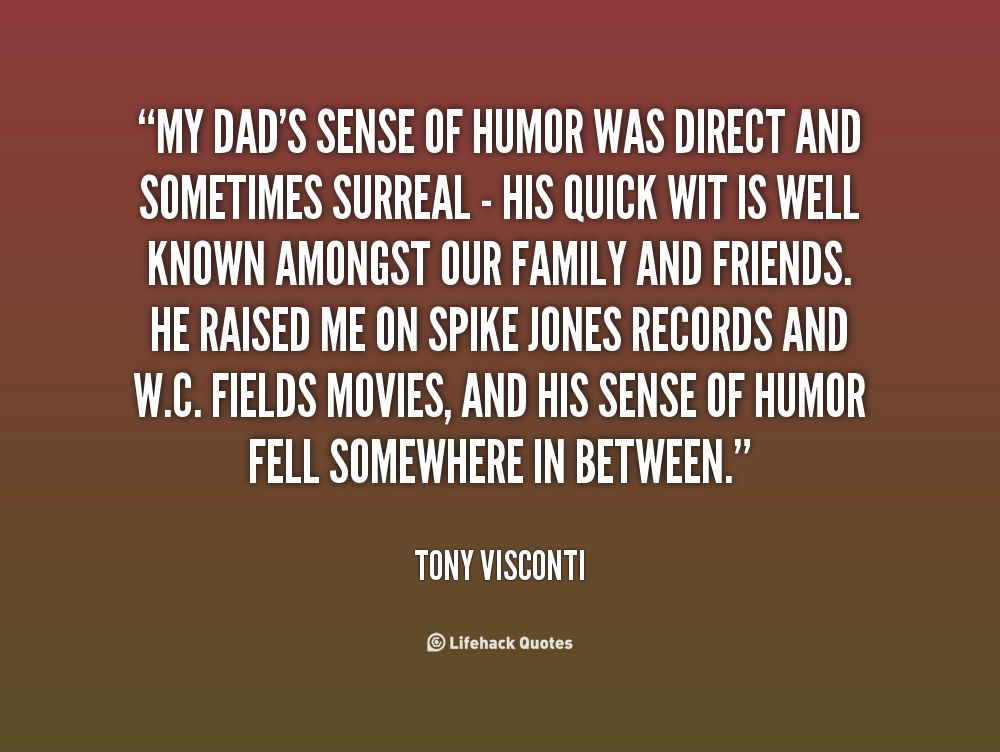Ever wondered why some people can make you laugh without even trying? Or maybe you’ve heard the term "dry sense of humor" and thought, "What exactly does that mean?" Well, buckle up, my friend, because we’re about to unravel the mystery behind this quirky and clever form of comedy. A dry sense of humor is like a secret handshake for the cool kids—but don’t worry, by the end of this article, you’ll be fluent in its language.
You know that moment when someone says something so casually, yet it hits you like a truck full of jokes? That’s the power of a dry sense of humor. It’s not about loud laughs or slapstick antics; it’s about delivering wit with a straight face and letting the punchline sink in slowly. Think of it as the cool, calm cousin of traditional humor—it doesn’t shout for attention, but when it does speak, it leaves an impression.
So, why should you care about this peculiar type of humor? Well, understanding what a dry sense of humor means can help you appreciate the art of subtlety in communication. It’s not just about making people laugh; it’s about connecting on a deeper level through clever wordplay and clever observations. Let’s dive into the world of dry wit and see why it’s become such a sought-after trait in today’s fast-paced world.
Read also:Taylor Rooks Measurements Unveiling The Iconic Models Stats And Facts
Table of Contents
- Defining a Dry Sense of Humor
- Key Characteristics of Dry Humor
- Examples of Dry Humor in Action
- Dry Humor vs. Other Types of Humor
- Why Dry Humor is So Popular
- The History of Dry Humor
- Dry Humor Across Cultures
- Famous People with a Dry Sense of Humor
- How to Develop a Dry Sense of Humor
- The Impact of Dry Humor on Communication
Defining a Dry Sense of Humor
A dry sense of humor, in its simplest form, is humor delivered without the usual bells and whistles. It’s the kind of humor where the delivery is as important as the content. Imagine someone saying something so absurdly clever that it catches you off guard, but they say it with such a straight face that you’re not even sure if they’re joking. That’s dry humor in action.
One of the defining features of dry humor is its subtlety. Unlike slapstick comedy or stand-up routines, dry humor doesn’t rely on exaggerated expressions or loud laughs. Instead, it thrives on understatement, irony, and clever wordplay. It’s the kind of humor that makes you chuckle quietly to yourself long after the moment has passed.
But why is it called "dry"? Think of it like a dry martini—minimalist, sophisticated, and packing a punch. The term "dry" refers to the lack of overt emotion or embellishment in the delivery. It’s all about the timing, tone, and context, making it a highly nuanced form of comedy that can be difficult to master.
The Essence of Dry Humor
At its core, a dry sense of humor is about wit and intelligence. It’s not about being loud or attention-seeking; it’s about being clever and observant. People with a dry sense of humor often have a knack for noticing the absurdities of life and pointing them out in a way that’s both humorous and thought-provoking.
Here’s the kicker: dry humor isn’t for everyone. Some people might not get it right away, while others might find it hilarious. That’s part of its charm—it’s exclusive, like a private joke shared between a select few. And let’s be real, there’s something undeniably cool about being in on the joke when others aren’t.
Key Characteristics of Dry Humor
So, what makes dry humor so unique? Let’s break it down into its key characteristics:
Read also:Unveiling The Mystery 2rare Real Name And The Story Behind The Persona
- Subtlety: Dry humor doesn’t scream for attention. It’s subtle, understated, and often delivered in a monotone voice.
- Irony: Irony is a staple of dry humor. It’s all about saying one thing while meaning another, leaving the audience to piece it together.
- Observation: People with a dry sense of humor are keen observers of life. They notice the little things that others might miss and turn them into jokes.
- Wordplay: Clever use of language is a hallmark of dry humor. Puns, double meanings, and witty comebacks are all part of the arsenal.
- Timing: Timing is everything in dry humor. A well-timed joke can make all the difference between a chuckle and a full-blown laugh.
Think of dry humor as a puzzle. The joke might not hit you right away, but when it does, it’s like solving a riddle. And let’s be honest, there’s something deeply satisfying about that.
Examples of Dry Humor in Action
Talking about dry humor is one thing, but seeing it in action is another. Here are a few examples to give you a better idea:
- Classic Example: "I’m on a seafood diet. I see food, and I eat it." – This joke plays on the double meaning of "seafood" and "see food," delivering a clever punchline with a straight face.
- Modern Example: "I’m not a fan of small talk. Life’s too short to waste time on conversations that don’t involve sarcasm." – This one hits on a relatable topic while adding a dash of sarcasm.
- Historical Example: Winston Churchill once said, "You can always count on Americans to do the right thing—after they’ve tried everything else." – A perfect example of dry wit combined with political observation.
These examples show how dry humor can be used in different contexts, from casual conversations to historical speeches. It’s versatile, adaptable, and always entertaining.
Dry Humor vs. Other Types of Humor
Now that we’ve defined dry humor, let’s compare it to other types of humor:
- Slapstick Comedy: Think of classic slapstick like Charlie Chaplin or The Three Stooges. It’s all about physical comedy and exaggerated expressions, which is the polar opposite of dry humor.
- Sarcasm: Sarcasm and dry humor are often confused, but they’re not the same thing. Sarcasm is more direct and confrontational, while dry humor is subtle and understated.
- Dark Humor: Dark humor tackles serious topics with a comedic twist, but it’s not always subtle. Dry humor, on the other hand, can be dark but is always delivered with a straight face.
Each type of humor has its place, but dry humor stands out for its sophistication and wit. It’s like the James Bond of comedy—cool, collected, and always one step ahead.
Why Dry Humor is So Popular
So, why has dry humor become such a big deal in recent years? For starters, it’s a reflection of our times. In a world where information is constantly bombarding us, subtlety and intelligence have become highly valued traits. Dry humor offers a refreshing break from the noise, providing a clever and understated form of entertainment.
Additionally, social media has played a huge role in popularizing dry humor. Platforms like Twitter and Instagram are full of witty one-liners and clever observations that resonate with audiences looking for something a little more sophisticated than traditional humor.
But perhaps the biggest reason for its popularity is its exclusivity. Dry humor is like a secret language that only the cool kids understand. And let’s be honest, who doesn’t want to be in on the joke?
The History of Dry Humor
Dry humor isn’t a new phenomenon. In fact, it’s been around for centuries, with roots in British and American literature. Think of Oscar Wilde’s witty one-liners or Mark Twain’s clever observations. These writers were masters of dry humor, using their words to both entertain and provoke thought.
Fast forward to modern times, and dry humor is everywhere. From TV shows like "The Office" to movies like "Monty Python and the Holy Grail," dry humor has become a staple of pop culture. It’s a testament to its enduring appeal and versatility.
Dry Humor Across Cultures
While dry humor is universal, its expression varies across cultures. In the UK, for example, dry humor is a way of life. The British have a knack for delivering jokes with a straight face, making it a beloved part of their national identity.
In contrast, cultures like Japan have their own unique take on dry humor. They call it "bari bari," which translates to "very very," and it’s all about understatement and subtlety. It’s a fascinating example of how humor can be adapted to fit cultural norms.
Regardless of where you’re from, dry humor has a way of transcending cultural boundaries. It’s a universal language that speaks to our shared human experience.
Famous People with a Dry Sense of Humor
Let’s talk about some of the most famous people known for their dry sense of humor:
Biography Table
| Name | Born | Known For |
|---|---|---|
| Winston Churchill | November 30, 1874 | British Prime Minister and Wit Extraordinaire |
| Oscar Wilde | October 16, 1854 | Irish Playwright and Witty Commentator |
| Stephen Fry | August 24, 1957 | British Actor, Writer, and Comedian |
These individuals have mastered the art of dry humor, using it to both entertain and educate. Their wit and intelligence have made them icons in their respective fields.
How to Develop a Dry Sense of Humor
So, how do you develop a dry sense of humor? Here are a few tips:
- Observe Life: Pay attention to the little things. Dry humor is all about noticing the absurdities of life and turning them into jokes.
- Practice Timing: Timing is everything in dry humor. Practice delivering jokes with a straight face and let the punchline land on its own.
- Read Widely: Expose yourself to different forms of humor. Read books, watch movies, and follow comedians who specialize in dry wit.
- Be Yourself: Authenticity is key. Don’t try to force dry humor if it doesn’t come naturally to you. The best jokes are the ones that feel genuine.
Remember, developing a dry sense of humor takes time and practice. But with a little effort, you can become a master of this sophisticated form of comedy.
The Impact of Dry Humor on Communication
Finally, let’s talk about the impact of dry humor on communication. In a world where miscommunication is rampant, dry humor can be a powerful tool for connection. It encourages people to think critically, observe carefully, and engage in meaningful conversations.
But dry humor isn’t just about making people laugh. It’s about building relationships, fostering understanding, and creating a shared sense of humor. Whether you’re using it in personal relationships or professional settings, dry humor has the power to bring people together.
Final Thoughts
In conclusion, a dry sense of humor is more than just a type of comedy. It’s a way of life—a reflection of our ability to find humor in the absurdities of life. By understanding what dry humor means and how to use it effectively, we can enhance our communication skills and deepen our connections with others.
So, the next time you


